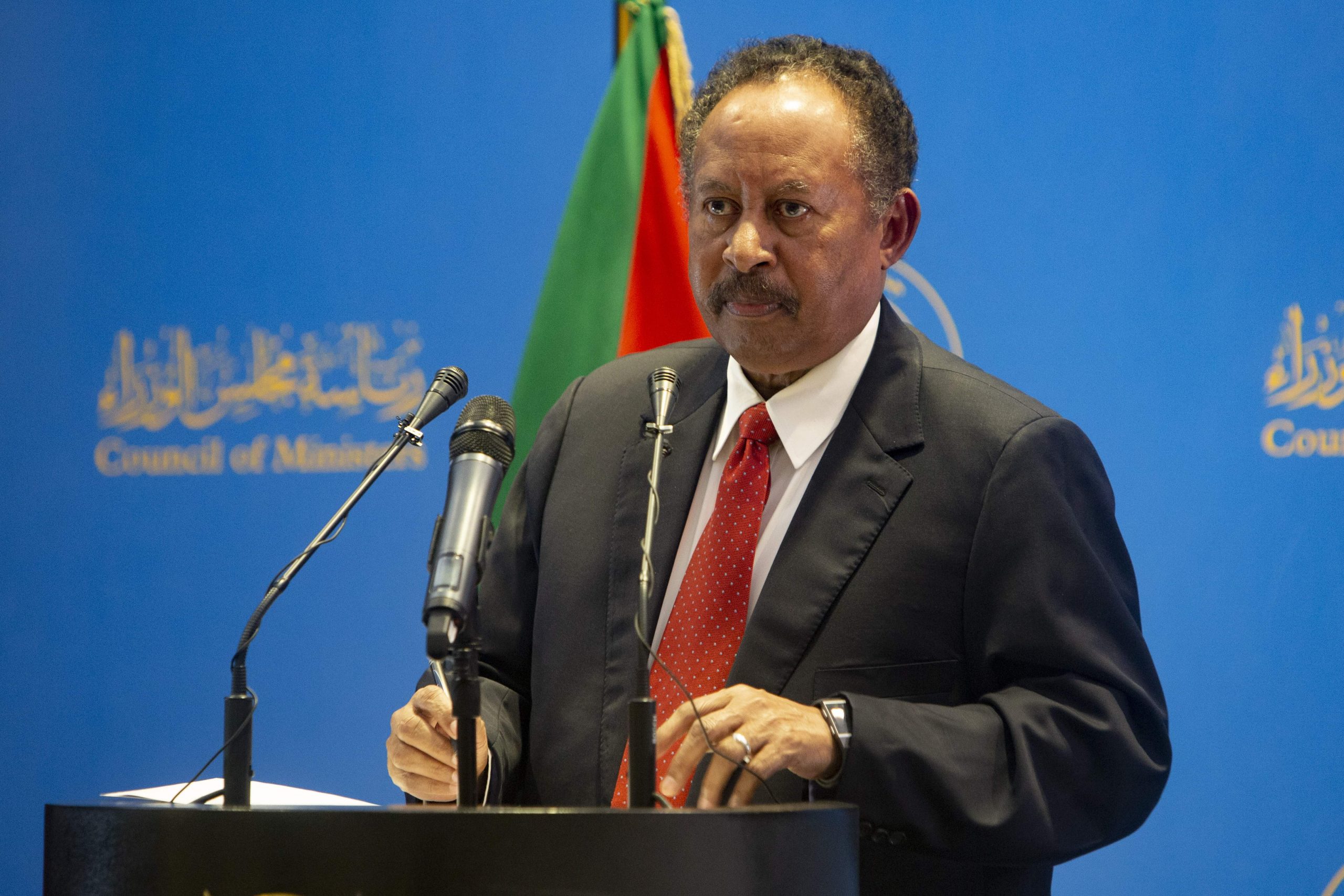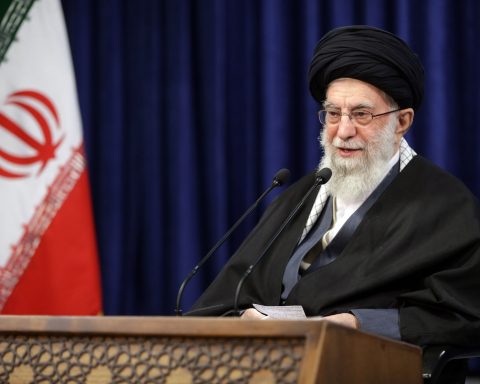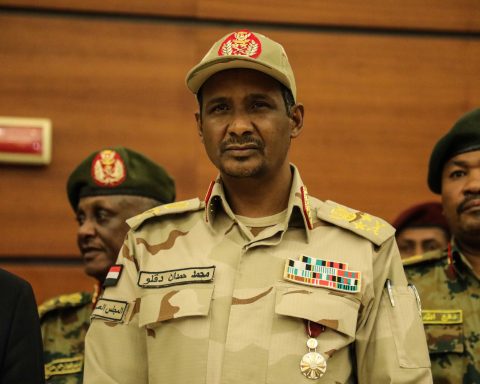On Saturday, Sudanese security police used tear gas to disperse demonstrators in the capital, Khartoum, as thousands of Sudanese protestors marched across the country to criticize the October military coup
The protests are now in their tenth day, despite the fact that Abdalla Hamdok was reinstated as Prime Minister on November 21. During the transition to free elections, activists have demanded that the military play no part in government.
Authorities deployed troops and closed all bridges over the Nile River linking Khartoum with its twin city of Omdurman and the district of Bahri, according to the state-run SUNA news agency.
Protesters took to the streets in various areas, with protestors eventually converging on the presidential palace. Rallies began in other cities as well, including Wad Madani and Atbara.
Protesters have been advised not to approach “sovereign and important” areas in central Khartoum, which refers to the government’s principal buildings and key institutions.
According to SUNA, the city’s Security Committee stated that Sudanese soldiers would “deal with instability and violations.” SUNA quoted a provincial security coordination committee as saying, “Departing from tranquillity, approaching and intruding on sovereign and key locations in central Khartoum is a breach of the laws.”
When activists attempted to hold a sit-in near the presidential palace last weekend, security forces forcibly dispersed them.
On Sunday, at least three demonstrators were killed and around 300 were injured. Activists reported suspension of internet connection on phones in Khartoum ahead of Saturday’s demonstrations, a strategy adopted by the generals when they seized control on October 25. Sudan’s mobile internet was disrupted early Saturday, according to advocacy group NetBlocks.
Since Omar al-ouster Bashir’s in April 2019, the military and civilian political groups known as the Forces of Freedom and Change Coalition (FFC) have shared control.
The military takeover in October, on the other hand, threw the fragile transition to democracy into disarray and sparked widespread public protests across Sudan.














